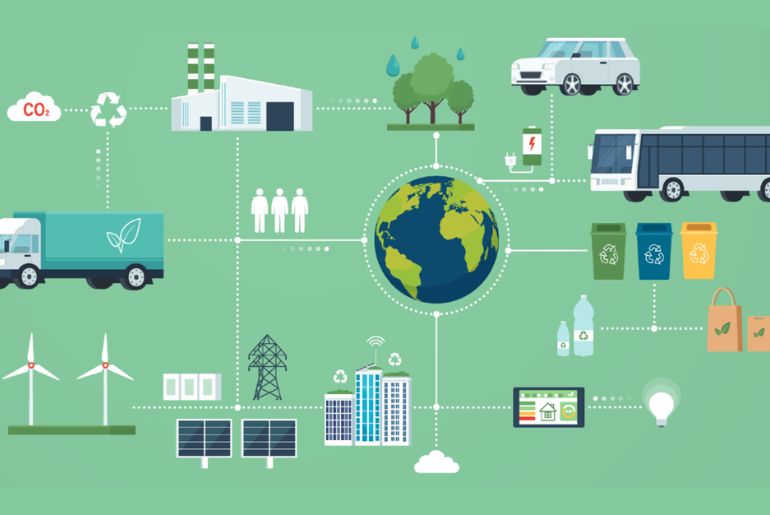By implementing energy-efficient procedures and switching to more environmentally friendly modes of transportation, IPM India Wholesale Trading Pvt Ltd increased the size of its sustainable logistics network. With a goal to reach this milestone by FY25, the company’s efforts over the past year have together reduced 684 tonnes of CO2 emissions.
In its logistics fleet, the firm has gradually included eco-friendly fuels including compressed natural gas (CNG) and electric vehicles (EVs). These cars alone have contributed to the reduction of over 30 tonnes of CO2 emissions when they were first introduced in strategic areas like Delhi-NCR and Mumbai. IPM India has switched over 70% of its non-tobacco material sourcing from air freight to more environmentally friendly sea and land routes in an effort to further reduce its carbon footprint. By March 2025, this shift is anticipated to help reduce CO2 emissions by an additional 654 tons.
One of the top international tobacco companies, Philip Morris International (PMI), has been putting more effort into incorporating sustainability into its operations worldwide. This covers efforts to cut carbon emissions, use greener technology, and streamline supply chains in order to meet environmental targets. By 2040, PMI aims to achieve net-zero carbon emissions throughout its value chain and activities worldwide.
The National Action Plan on Climate Change (NAPCC) and other government programs encouraging the use of renewable energy are greatly aided by the sustainability initiatives of private sector businesses in India, where environmental issues are becoming more and more important.

